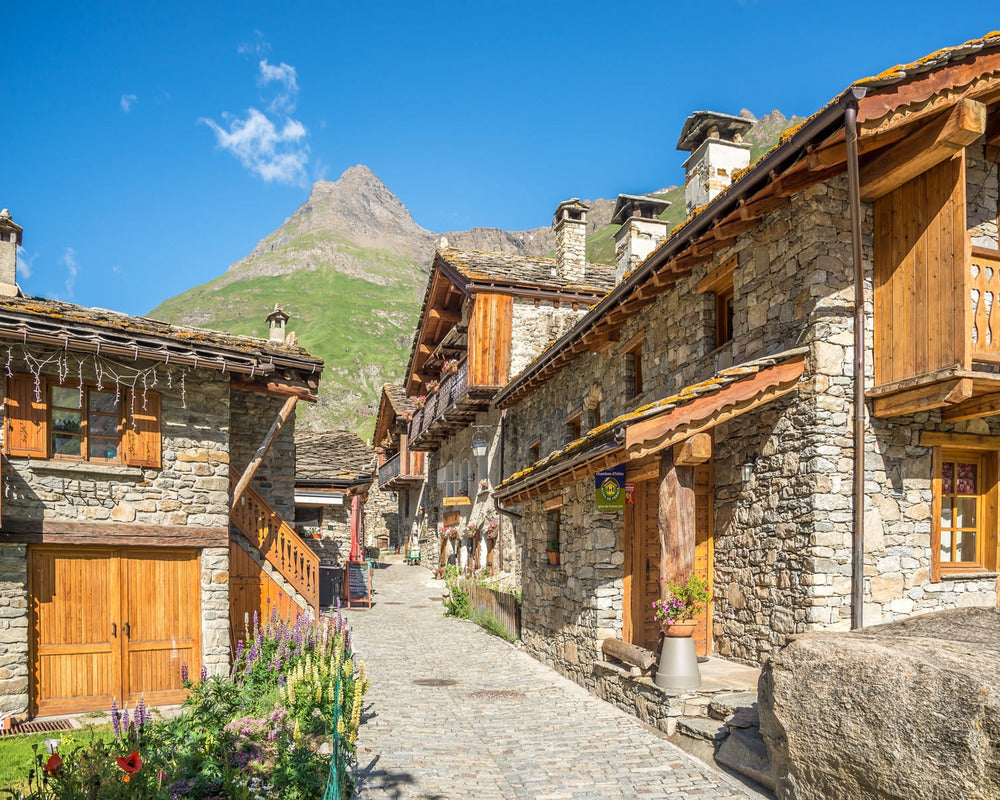It was somewhere along a winding forest road in southern France that I first saw it—a cluster of tiny houses nestled between hills, framed by wildflowers and buzzing bees. I had arrived at a European eco-village, not knowing then how it would challenge everything I thought I understood about sustainability.
I had come as a traveler seeking quiet, but what I found was a world built on intentional slowness—where composting toilets were the norm, where every object had a second life, and where the hum of connection replaced the hum of screens.
Living Off-Grid, Living On Purpose
The eco-village, tucked away in the Languedoc region, was home to about 25 people from different parts of Europe. Some had left corporate jobs, others were born into this life. Together, they shared communal meals, tended to permaculture gardens, and taught curious outsiders like me how to live in tune with the land.
I learned to compost in my first hour there. My guide, Léa, gently showed me how food scraps were turned into soil gold through a simple process of layering brown and green waste. I couldn’t help but think of how much organic waste we discard back home in India—how our habits, born out of convenience, had distanced us from nature’s cycles.
Foraging and Fermentation: The Forgotten Skills
Mornings began with walks through the forest. I picked wild herbs for tea and berries for jam, under the guidance of a cheerful elder named Benoît. He spoke in slow, careful French, explaining how foraging wasn’t just about food—it was about paying attention, knowing the seasons, and honoring abundance without greed.
Back at the communal kitchen, fermentation jars lined the shelves. Kombucha, pickled carrots, sourdough starters—each one bubbling with life. I helped make a batch of lacto-fermented beets, stunned by how different they tasted from anything store-bought. There was joy in this kind of slowness. Joy in waiting.
Zero-Waste Isn’t a Trend Here
The village had no plastic bags, no trash bins filled with snack wrappers, no signs of single-use culture. Even toothpaste was homemade. Clothes were repaired, tools shared, and nothing was thrown away without thought.
I once watched a teenager make a candle out of leftover beeswax and citrus peel. It smelled like summer and burned for hours.
The local children grew up barefoot, free, and entirely immersed in this ethos. They knew how to mend clothes, build shelters, and cook meals from scratch. I was humbled by how these skills, once basic, had become rare luxuries in modern life.
Lessons I Brought Back to City Life
Returning to my city in India was jarring. The honk of traffic replaced birdsong, and supermarket shelves overflowed with packaging. But I carried the eco-village with me—in my habits, in my values.
I started composting in my apartment balcony. I switched to bar soaps, began growing herbs in recycled jars, and began choosing secondhand over new. It wasn’t about perfection. It was about mindfulness.
The biggest shift, though, was internal. Sustainability stopped being a checklist of things to buy. It became a way of seeing the world—with less urgency, and more reverence.
Why These Villages Matter
Europe’s eco-villages are not tourist destinations. They are blueprints for a gentler, more connected way of life. Places like Sieben Linden in Germany, Tamera in Portugal, and La Borie Noble in France show us what’s possible when we center community and care.
They are not utopias—but they are laboratories of hope.
If you ever find yourself weary of the noise, consider visiting one. Not to escape life—but to remember it.
And who knows, maybe you’ll leave with more than memories. Maybe you’ll come back with a quieter mind, dirt under your fingernails, and a new way of seeing the world.





